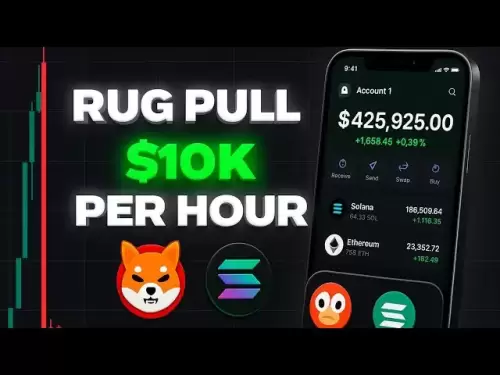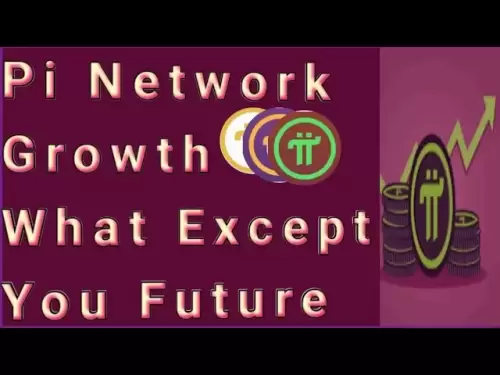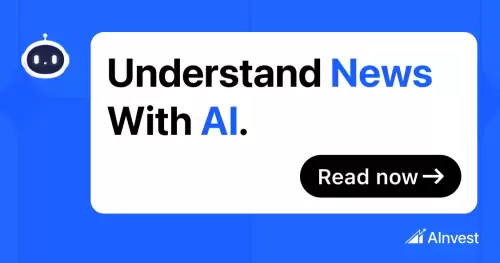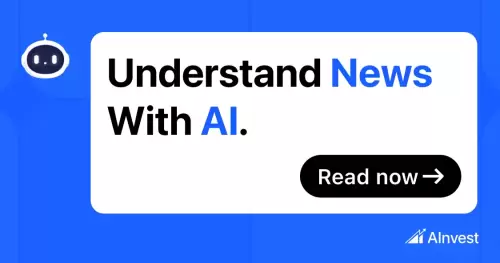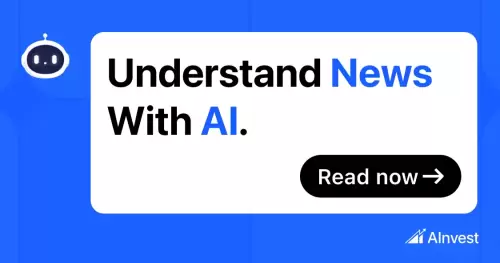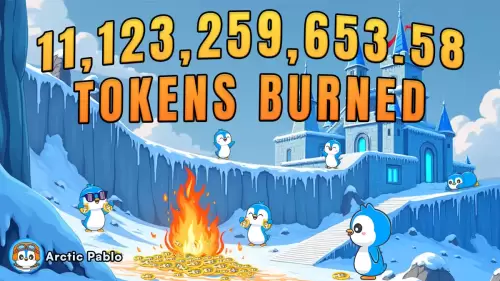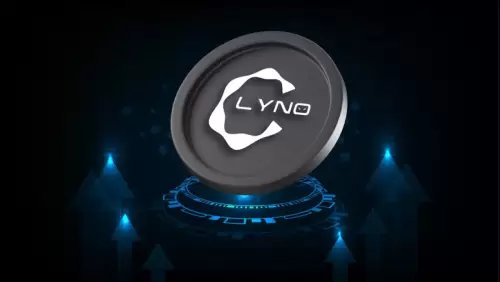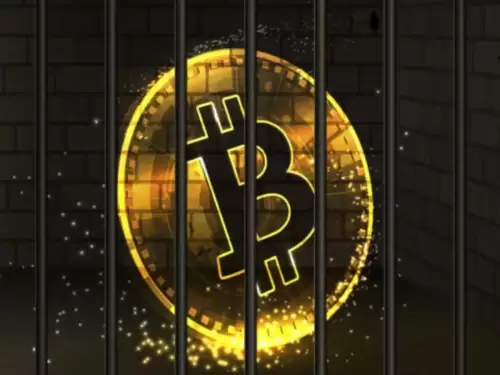 |
|
 |
|
 |
|
 |
|
 |
|
 |
|
 |
|
 |
|
 |
|
 |
|
 |
|
 |
|
 |
|
 |
|
 |
|
Cryptocurrency News Articles
Tokenizing Stocks & Finance: Robinhood's 24/7 Revolution
Jul 04, 2025 at 04:30 am
Robinhood's blockchain-enabled plan could dismantle the traditional five-day Wall Street work week by tokenizing stocks and other assets.

Tokenizing Stocks & Finance: Robinhood's 24/7 Revolution
The world of finance is on the cusp of a major shift, driven by the tokenization of assets like stocks, bonds, and even real estate. Robinhood's innovative approach promises to disrupt the traditional Wall Street work week and usher in a new era of accessible, 24/7 finance.
Robinhood's Three-Phase Plan
At the "To Catch A Token" event in France, Robinhood CEO Vlad Tenev unveiled a three-phase plan to revolutionize how assets are transacted. The core of this plan is the "Robinhood Chain," a layer-two solution on Ethereum designed to enable near-instant transactions with low fees.
Phase 1: Tokenization Engine
When a customer buys a share on Robinhood, that share will be sent to the “tokenization engine” and a tokenized form of the share will be minted and sent back to the user. The user receives their shares in this tokenized form, versus receiving shares of the asset. It’s an added step in the stock purchase. Meaning the user will hold a tokenized form of the share in their account and enjoy similar benefits to holding a traditional share, such as receiving dividends.
Phase 2: 24/7 Trading with Bitstamp
Robinhood's acquisition of cryptocurrency exchange Bitstamp opens the door to 24/7 trading of tokenized stocks. This means shareholders can buy or sell their tokenized shares at any time, on any day, breaking free from the constraints of traditional market hours. It marries the crypto market that already trades 24/7 with the traditional financial system.
Phase 3: The Robinhood Chain and DeFi
The Robinhood Chain brings self-custody to users, allowing them to hold their tokenized assets directly. This unlocks the potential for decentralized finance (DeFi) solutions, such as lending, borrowing, and yield farming, giving tokenized stocks greater utility. Imagine borrowing stablecoins against your Apple shares to buy a home, or locking in a guaranteed dividend yield to finance tuition payments.
The Broader Implications of Tokenization
Tokenization isn't just about stocks; it's about transforming various marketplaces, including real estate and art. A recent report from RWA.xyz notes that the value of real-world assets on-chain surpassed $24 billion in June 2024, showing the growing interest in tokenized real-world assets.
JPMorgan is also making strides in the space. Their blockchain division, Kinexys, is working on a carbon credit tokenization system. By converting carbon credits into blockchain tokens, they aim to improve transparency and reliability in a market plagued by inefficiencies.
A New Era of Finance
Tokenized stocks have the potential to change how we use our assets, and smart contracts allow a degree of financial autonomy that is unthinkable in legacy banking and investment institutions. The ability to make assets more productive and work for their holders unlocks use cases we can barely imagine today. Banks will begin scrambling to compete in this new public and permissionless blockchain environment.
So, buckle up, folks! The financial world is about to get a whole lot more interesting. Who knows, maybe one day we'll be using tokenized shares to pay for our morning coffee. The future is now, and it's tokenized!
Disclaimer:info@kdj.com
The information provided is not trading advice. kdj.com does not assume any responsibility for any investments made based on the information provided in this article. Cryptocurrencies are highly volatile and it is highly recommended that you invest with caution after thorough research!
If you believe that the content used on this website infringes your copyright, please contact us immediately (info@kdj.com) and we will delete it promptly.





















